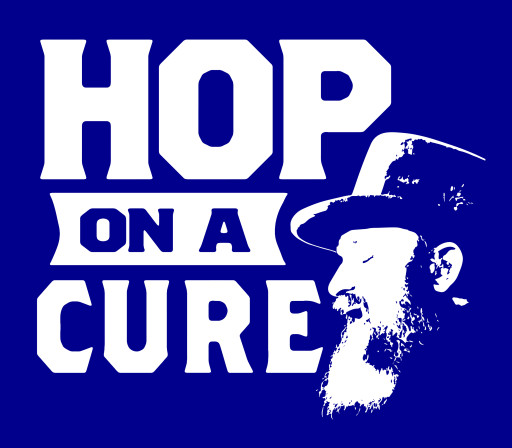
BOSTON, April 24, 2024 (Newswire.com) - Hop On A Cure, a leading advocate in the fight against ALS, has announced today their financial contribution of $250,000 toward Massachusetts General Hospital Department of Neurology’s Sean M. Healey & AMG Center for ALS.
The gift will support the research project Exploring the Effect of Statins to Restore Stathmin-2 Function and Promote Motor Neuron Regeneration, which is conducted by Matthew Nolan PhD, an early career investigator mentored by Clotilde Lagier-Tourenne, MD, PhD, the Araminta Broch-Healey Endowed Chair in ALS. Dr. Lagier-Tourenne and her collaborators have discovered that normal stathmin-2 (STMN2) function is critical to motor neuron health and outgrowth. Thus, loss of STMN2 appears to contribute to the muscle weakness characterizing ALS. The team has found that in cell models, normalizing STMN2 using gene-targeted therapies helps to rescue motor neurons, which potentially could restore function in people with ALS.
“We at Hop On A Cure are thrilled to support this innovative and accessible potential new therapy,” said Hop On A Cure CEO Nic Shefrin. “We are also excited to champion promising young talent, like Dr. Nolan, who have committed themselves to ALS research.”
“The work that we do at the Healey & AMG Center would not be possible without the support of foundations like Hop On A Cure,” said Dr. Lagier-Tourenne. “My team and I are grateful, and excited to be able to move forward with this research that will benefit the lives of people with ALS and their families.”
In addition to the contribution to Mass General, Hop On A Cure is also helping spread awareness and raise money for this year’s Boston College ALS Awareness Game at Fenway Park on Thursday, April 25. The game, now in its fifth year, has been played annually in honor of former Boston College baseball captain and Ice Bucket Challenge founder Pete Frates, who passed away from ALS in 2019 at the age of 34. Hop On A Cure has donated a signed Zac Brown Band guitar, which will be auctioned off to raise additional money for the cause.
Hop On A Cure was founded in 2022 by John Driskell Hopkins (Hop), and his wife Jennifer, following his diagnosis with ALS (commonly known as Lou Gehrig’s Disease) in 2021. Hopkins is a multi-GRAMMY® Award-winning founding member and songwriter of Zac Brown Band. With this rare platform in mind, Hop On A Cure was established to increase ALS awareness and to raise funds to enable new research to find ways to treat this disease, which currently has no known cure.
For more information about Hop On A Cure, visit their website.
For more information about the Healey & AMG Center for ALS, click here.
Contact Information:Elise Anderson
Owner, Elicity Public Relations
[email protected]
(615) 946-6055
Original Source: Hop on a Cure Makes Financial Contribution Toward Massachusetts General Hospital’s Sean M. Healey & AMG Center for ALS